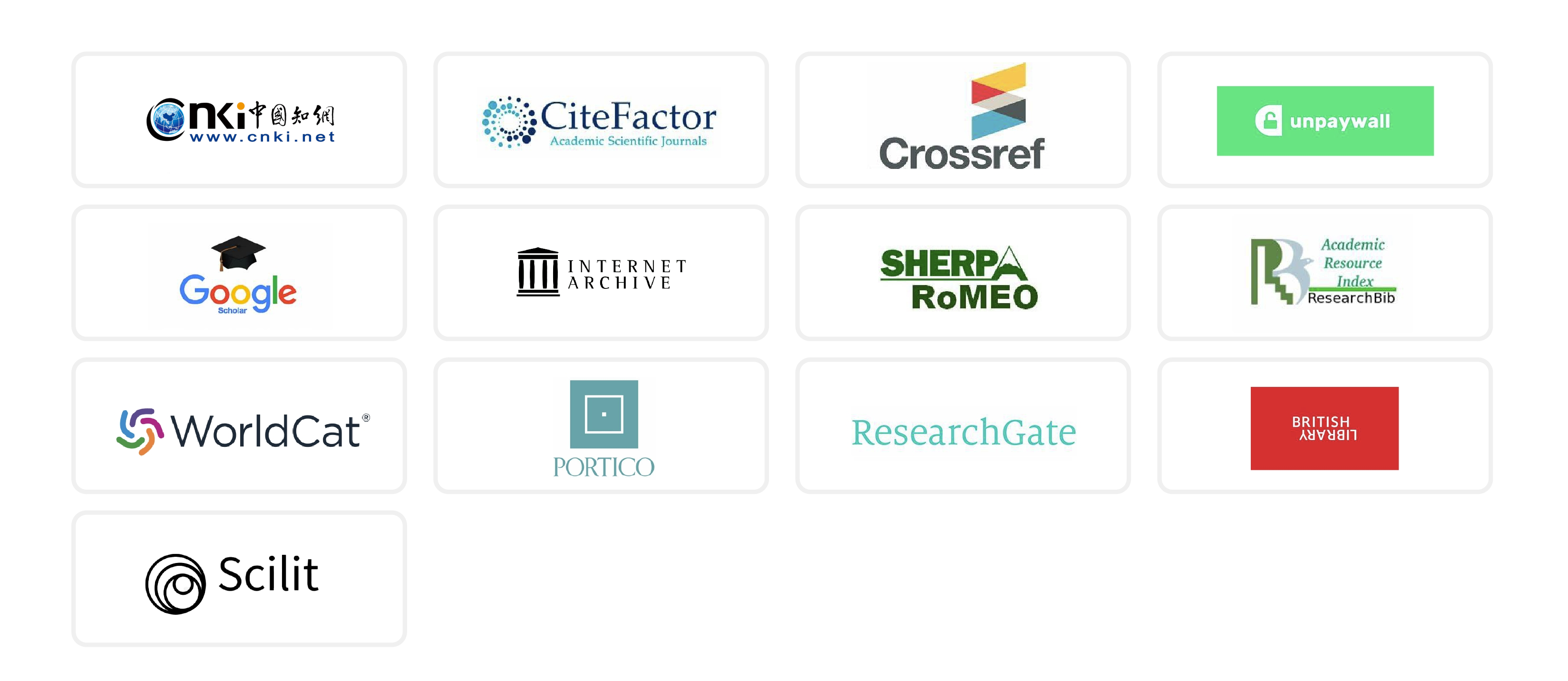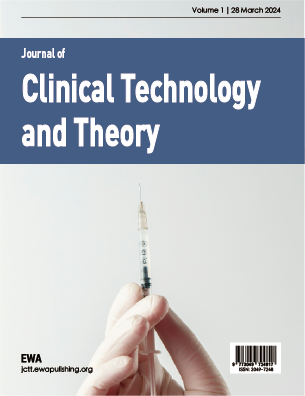

About JCTTJournal of Clinical Technology and Theory (JCTT) is an open access, peer-reviewed academic journal published by EWA Publishing. JCTT is published bimonthly. JCTT focuses on the frontiers of the clinical technology and theory, aims to build an open and inclusive platform for academic exchanges. JCTT welcomes all the researchers, scholars and workers, who dedicate in the clinical medicine field, to share their new findings and ideas about clinical technology and theory. JCTT hopes to let these excellent works more disseminated and help the clinical area's development.For more details of the JCTT scope, please refer to the Aim & Scope page. For more information about the journal, please refer to the FAQ page or contact info@ewapublishing.org. |
| Aims & scope of JCTT are: ·Clinical Medicine |
Article processing charge
A one-time Article Processing Charge (APC) of 450 USD (US Dollars) applies to papers accepted after peer review. excluding taxes.
Open access policy
This is an open access journal which means that all content is freely available without charge to the user or his/her institution. (CC BY 4.0 license).
Your rights
These licenses afford authors copyright while enabling the public to reuse and adapt the content.
Peer-review process
Our blind and multi-reviewer process ensures that all articles are rigorously evaluated based on their intellectual merit and contribution to the field.
Editors View full editorial board
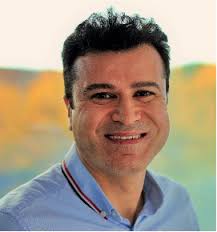
Birmingham, UK
mnawaf@captechu.edu

Faisalabad, Pakistan

Kuala Lumpur, Malaysia

Nottingham, UK
Latest articles View all articles
Substance P (SP), a neuropeptide diffusely scattered in the nervous system and immune system, participates in various physiological and pathological processes, including pain perception and inflammatory response. However, the regulatory mechanisms of SP in itch perception and its downstream pathophysiological responses, such as the chronic itch-scratch vicious cycle, have not been systematically elucidated. Based on an analysis of the existing literature, this review summarizes the biological functions of substance P in the itch-scratch response, and explores its mechanism of action in signal transduction, inflammatory response and nerve sensitization.

 View pdf
View pdf


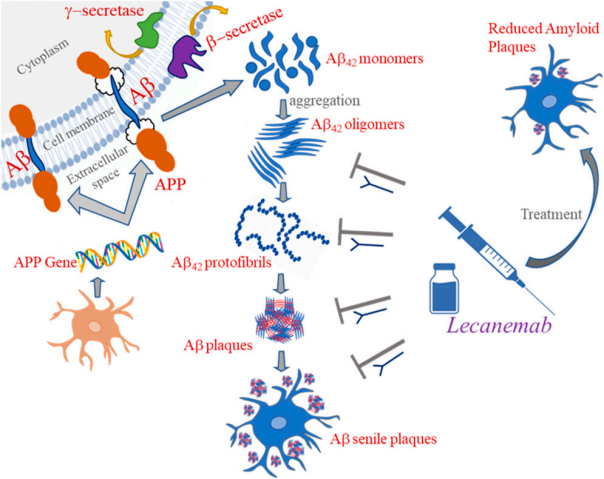
In the context of continuous social development and overnutrition, Alzheimer's disease, as a neurodegenerative disease, is becoming more and more common in the elderly and gradually younger, and there is currently no effective treatment. This article reviews the role of m6A as a target site for the treatment of Alzheimer's disease, discusses the main case characteristics of AD, including tau hyperphosphorylation, neuroinflammation, etc., and discusses the combination of m6A regulation and anti-Aβ/antitau drugs, m6A and anti-inflammatory treatment, etc., and reveals the new mechanism of AD pathogenesis after combining recent related research cases, and proposes that m6A can be used as a new target for AD, providing a new epitranscriptional perspective for the treatment of AD. In addition, it will promote the development of m6A-targeted drugs and provide relevant suggestions to solve the current treatment bottleneck.

 View pdf
View pdf


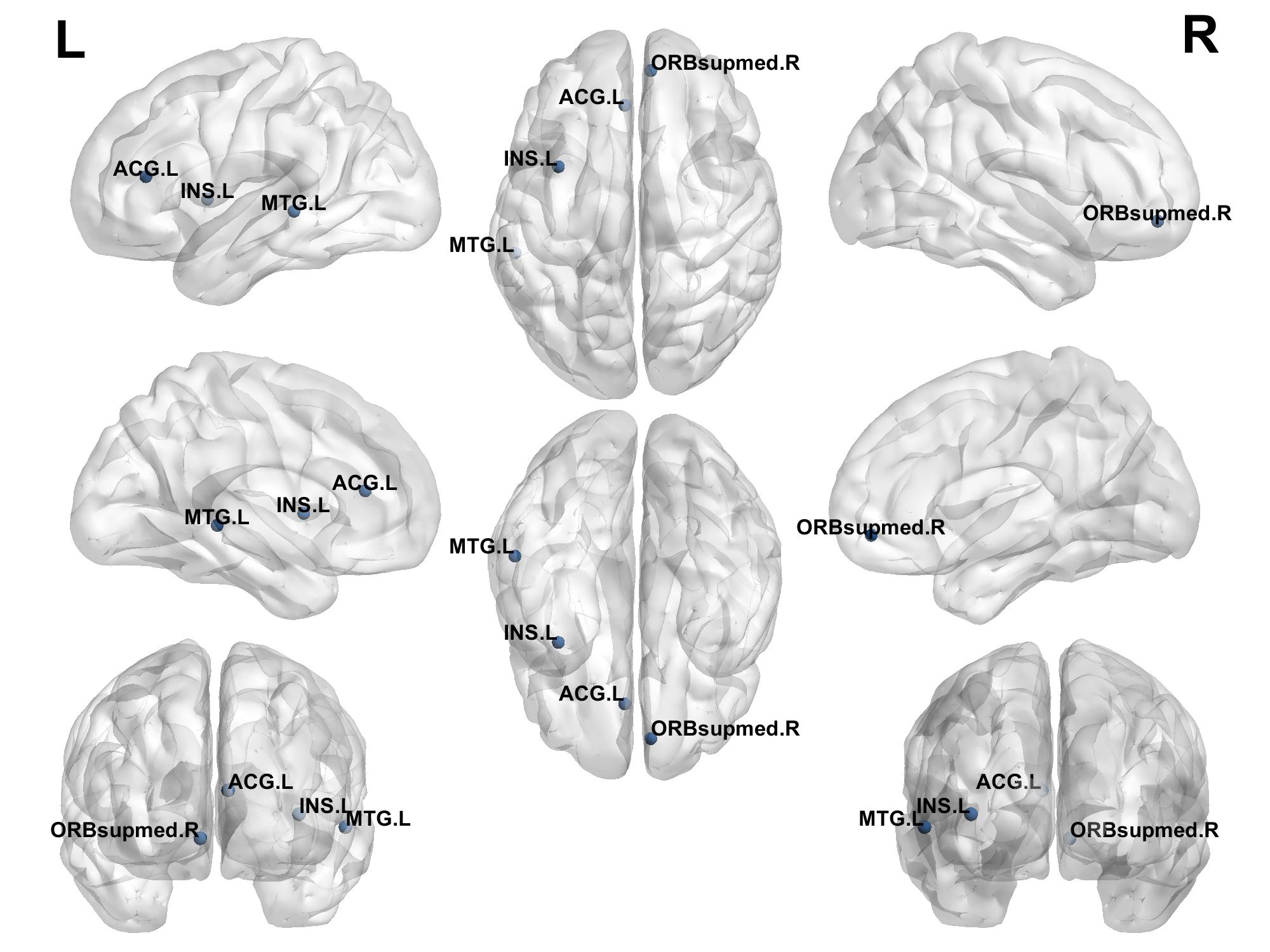
Objective: Adverse experiences in childhood may induce structural and functional changes in the brain, thereby affecting psychological phenotypes. This study aims to explore the relationship between small-world properties of brain networks and psychological resilience phenotypes in adults with left-behind experiences. Methods: A total of 145 adult volunteers with childhood left-behind experiences were recruited. All participants underwent resting-state functional magnetic resonance imaging (rs-fMRI) scanning. Data were processed using the GRETNA toolbox to obtain small-world properties (σ, γ, λ). Based on the median CD-RISC (Connor-Davidson Resilience Scale) score, participants were divided into a high-resilience group (n = 75) and a low-resilience group (n = 70). Statistical analyses were conducted to examine the relationships among left-behind experience, psychological resilience, and small-world properties of brain networks. Results: The high-resilience group showed significantly higher small-world coefficient (σ), normalized clustering coefficient (γ), global efficiency, and local efficiency than the low-resilience group. Degree centrality (Dc) and nodal efficiency (Ne) values in the right medial orbitofrontal superior frontal gyrus, left insula, and left anterior cingulate gyrus were positively correlated with psychological resilience scores, while Dc and Ne values in the left middle temporal gyrus were negatively correlated with resilience scores. Conclusion: Alterations in small-world properties of brain networks in adults with left-behind experiences are associated with psychological resilience.

 View pdf
View pdf


Chronic lymphocytic leukemia (CLL) is a hematologic malignancy originating from mature B cells, where the tumor microenvironment—particularly proliferation centers (PCs)—plays a pivotal role in disease progression and treatment resistance. PCs support tumor cell survival, proliferation, and therapy resistance through intercellular communication, metabolic reprogramming, and extracellular vesicle (EV)-mediated signaling. This study investigates the mechanisms by which the CLL microenvironment, especially PCs, contributes to drug resistance and disease evolution, with a particular focus on EVs and metabolic remodeling. A comprehensive literature review was conducted to synthesize current findings in this domain.. Key findings reveal that PCs mediate resistance through multiple interconnected mechanisms, including: (1) the CXCL12/CXCR4 retention axis; (2) CD40-CD40L-induced activation of the alternative NF-κB pathway; (3) metabolic reprogramming favoring anti-apoptotic profiles; and (4) EV-mediated communication that alters stromal cell behavior. CLL-derived EVs play a critical role in reshaping the bone marrow microenvironment by transferring miRNAs and proteins that alter stromal cell function and metabolism. Additionally, this study identifies a “dual metabolic shift” in CLL cells, characterized by the simultaneous enhancement of both glycolysis and oxidative phosphorylation, which is closely linked to microenvironmental dependency. Furthermore, the research uncovers metabolic regionalization within PCs and spatiotemporal heterogeneity in EV distribution.

 View pdf
View pdf


Volumes View all volumes
2025
Volume 3November 2025
Find articlesVolume 3May 2025
Find articlesVolume 3August 2025
Find articles2024
Volume 1November 2024
Find articlesAnnouncements View all announcements
Journal of Clinical Technology and Theory
We pledge to our journal community:
We're committed: we put diversity and inclusion at the heart of our activities...
Journal of Clinical Technology and Theory
The statements, opinions and data contained in the journal Journal of Clinical Technology and Theory (JCTT) are solely those of the individual authors and contributors...
Indexing
The published articles will be submitted to following databases below:
